The data from full scanning of 1 cubic mm of the human brain required 1.4 petabytes of memory just to store sample images. In-depth exploration into neural mapping was done by researchers from Harvard and artificial intelligence experts from Google. Expanding this experiment to the entire brain would require 1.6 zettabytes, the necessary storage devices would cost $50 billion, and the data center would occupy 57 hectares.
To obtain an image of the human brain, researchers had to use Google's machine learning technology, which saved years of work. Initially, scientists sliced the sample into 5000 plates, each thinner than a human hair. Images of each slice were taken with an electron microscope, which were then recombined to calculate around 57,000 cells and 150 million synapses. To recombine these images and accurately map fibers and cells, Google AI image processing technology had to be used.
The created images unveiled many secrets about the brain. Some cell clusters grew like mirror reflections of each other, one neuron had over 5000 connections with others, and some axons had tightly curled into ball shapes for unknown reasons. These and other discoveries made during the research amazed the scientists.
“We found many things in this dataset that aren't in textbooks. We don't understand these things, but I can tell you, it's [a] gap between what we already know and what we need to know,” — Jeff Lichtman, professor at Harvard University.
The human brain is incredibly dense and very, very complex, complete mapping of it by such methods would be incredibly expensive, time-consuming, and unlikely feasible. Just because the mapping is done doesn't mean scientists will know what to do with the maps, as only a millionth part of the brain draws scientists' attention for many years. The research was published in the journal Science.
Sources: The Guardian, Tom`s Hardware






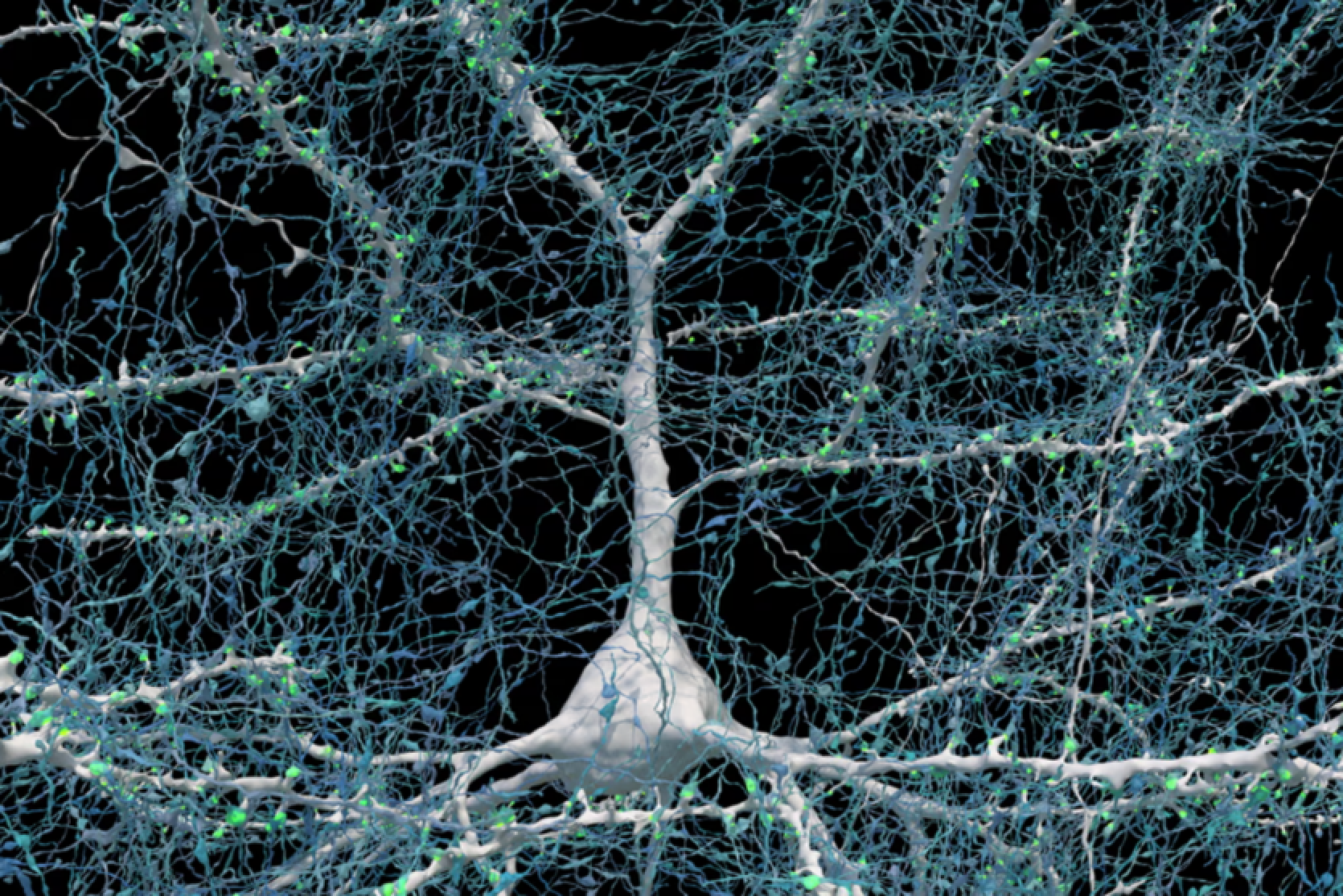


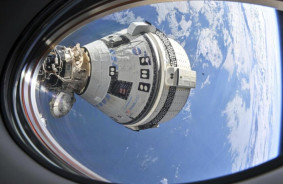
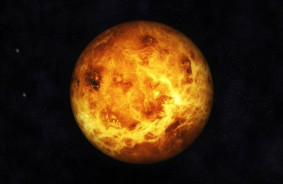

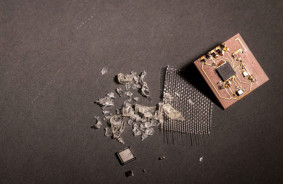
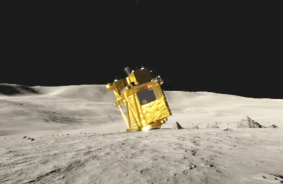
Comments (0)
There are no comments for now